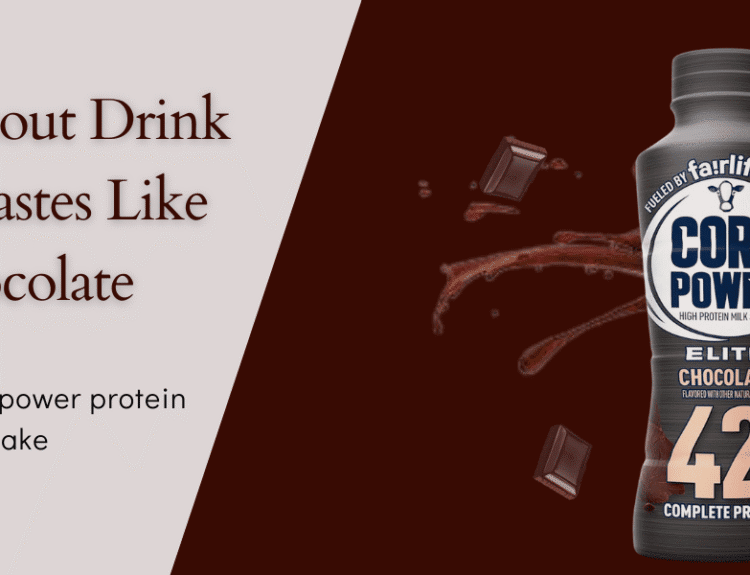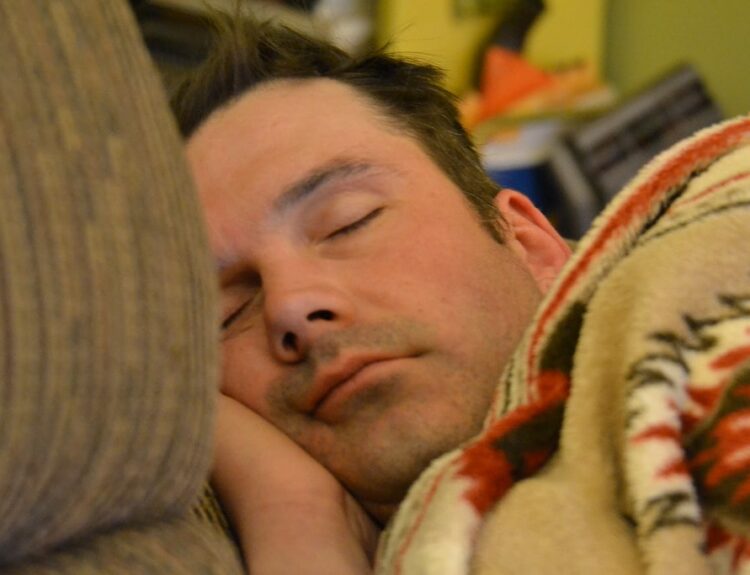What Is Déjà Vu?
Déjà vu means “already seen” in French. It’s that weird feeling when something new feels familiar.
Most people (60-80%) experience déjà vu at least once. It’s especially common between ages 15-25.
But what is déjà vu caused by? Scientists have several compelling theories.
What Is Déjà Vu Caused By? 3 Main Scientific Explanations
1. Memory Processing Glitch
Your brain processes experiences through two separate pathways. When one pathway lags behind, you get déjà vu.
How it works: Your brain accidentally files the current moment as a memory before you fully experience it.
Example: You walk into a new restaurant. Your brain processes it twice—once as new, once as remembered—creating that strange “I’ve been here before” feeling.
2. Memory Fragment Trigger
Small details can activate entire memory networks. This is what causes déjà vu when something vaguely familiar triggers a strong sense of recognition.
How it works: Your brain stores memories like holograms. Even tiny fragments can trigger whole scenes.
Example: A stranger’s laugh sounds like your childhood friend’s. Your brain can’t place the exact connection but feels strong familiarity.
3. Split Attention Mix-Up
What causes déjà vu can be simple distraction. Your brain registers details subconsciously first, then consciously later.
How it works: You notice surroundings without full awareness. When you finally pay attention, it feels like you’ve seen it before.
Example: While talking on the phone, you walk into a room. Later, looking around, everything feels strangely familiar.
FAQ: What Is Déjà Vu Caused By & Common Experiences
Why Do I Sometimes Know What Someone Will Say During Déjà Vu?
This is actually common! What causes déjà vu to include predicted conversations is a temporal lobe misfire.
Your brain’s memory processing center sometimes creates a false sense of prediction. You aren’t actually predicting the future—your brain just processes the information microseconds before you become conscious of it.
Some researchers call this “temporal lobe echo.” Your brain records what’s happening and immediately replays it, creating the illusion that you knew what would happen.
Can Déjà Vu Happen in Dreams?
Yes! This phenomenon is called “déjà rêvé” (already dreamed).
Some people dream scenes that later happen in real life. Scientists believe it’s your brain incorrectly labeling the déjà vu feeling as a remembered dream.
I Dream Events That Later Happen In Real Life. What Causes This?
What causes déjà vu that seems connected to dreams could be:
- Memory incorporation: Your brain might merge the current experience with fragments of forgotten dreams.
- Precognitive coincidence: Dreams contain general elements that eventually match real experiences by chance.
- False memory: After experiencing déjà vu, your brain might create a false memory of having dreamed it before.
Neuroscientists suggest that your brain sometimes mislabels the source of the familiarity, making you believe it came from a dream.
Why Does Déjà Vu Feel So Intense and Real?
What causes déjà vu to feel so convincing is the brain’s certainty signal.
Your temporal lobe not only creates the sensation of familiarity but also activates emotional centers. This triggers a strong conviction that the experience is genuinely being repeated.
This sensation can include sounds, smells, words, and visual details—making the experience feel incredibly authentic.
Is Déjà Vu a Warning Sign of Health Problems?
Rarely. Occasional déjà vu is normal and harmless.
However, frequent episodes might connect to temporal lobe epilepsy in some cases. See a doctor if déjà vu comes with:
- Confusion
- Headaches
- Dizziness
- Very frequent occurrences
Surprising Facts About What Causes Déjà Vu
Travel Increases Déjà Vu
People experience more déjà vu when traveling. New environments trigger more memory-matching attempts in your brain.
Stress Makes It Worse
Fatigue and stress increase déjà vu episodes. Your tired brain makes more processing errors.
Animals Might Feel It Too
Some studies suggest dogs and cats show behaviors similar to human déjà vu. They appear momentarily confused by familiar settings.
Should You Worry About Déjà Vu?
For most people, déjà vu is just a harmless brain hiccup. It’s your memory system’s occasional filing error.
If déjà vu happens rarely and without other symptoms, it’s completely normal. No treatment needed!
Track when it happens if you’re curious. You might discover interesting patterns about when your brain creates these familiar feelings.
Final Thoughts on What Causes Déjà Vu
Déjà vu remains partly mysterious even to neuroscientists. What causes déjà vu seems to be a combination of memory processing quirks and brain pathway timing.
Next time you experience that spooky “I’ve been here before” feeling, you’ll know it’s just your amazing brain working through its complex filing system.
Have you experienced déjà vu recently? The causes might be simpler than you think!
Loved this article? You might want to check this one out too Alerts Filtered by Region, Topic, or Risk LevelI think you’ll like it!







